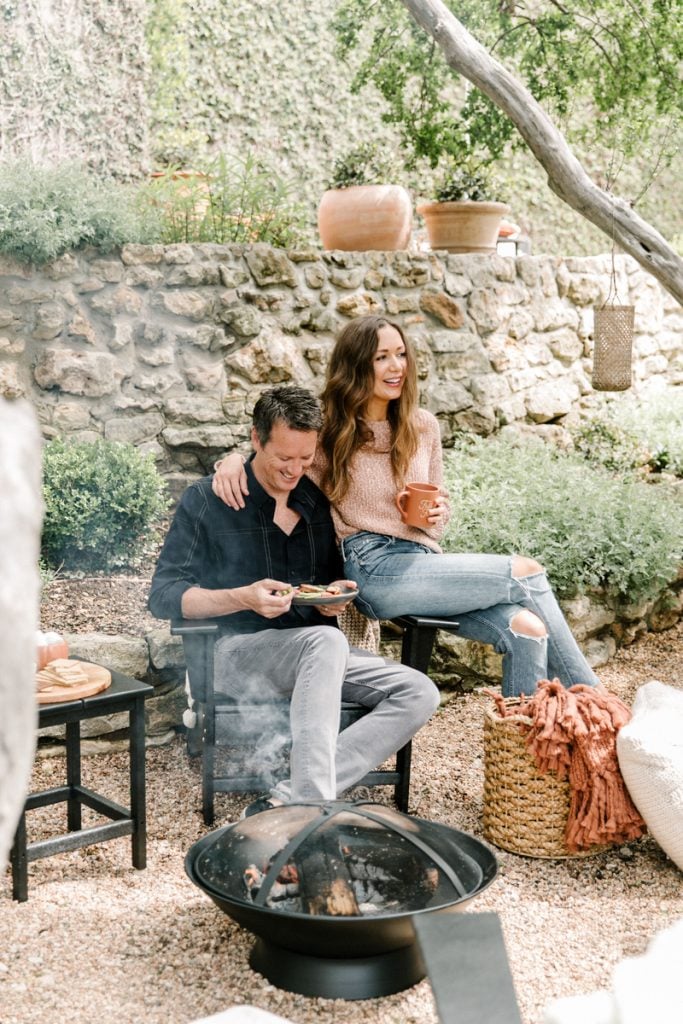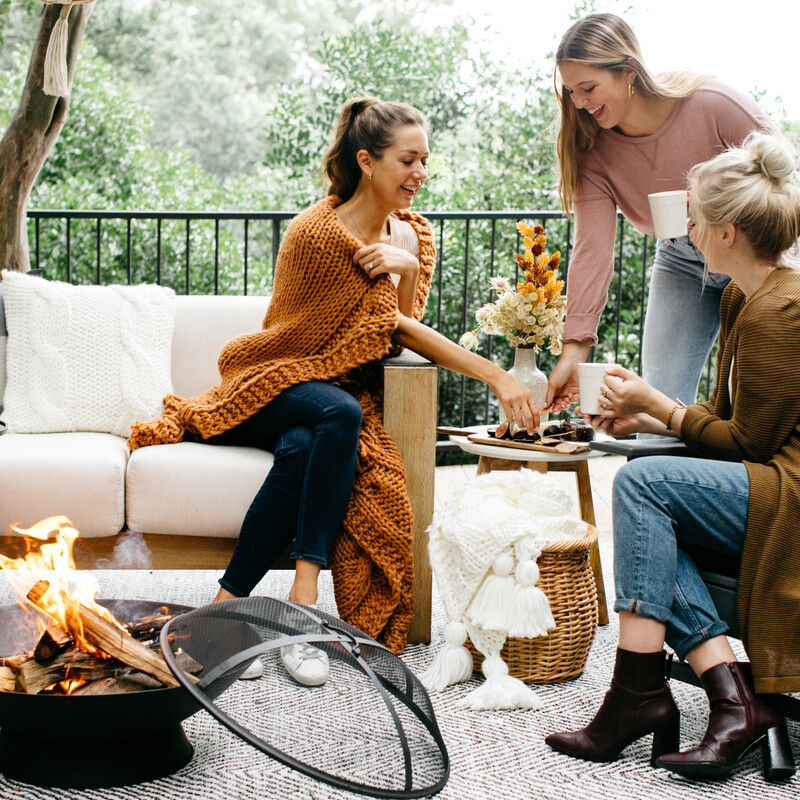I spent the past year in pursuit of somewhere that felt like home. Amidst the pandemic, a breakup, and the quarter-life crisis familiar to other twenty-six-year-olds, I no longer felt secure in the city where I’d spent the past four years building a community. The most basic understanding of home—where I was born and where I grew up—no longer felt relevant either. Yes, I was shaped by the years in New England, but it had become a place to visit, somewhere to see my family. It wasn’t my home anymore.
But, as a lover of all things documented in writing, I believe that the world hands us the literature we so often need to guide us. On one of my (many) flights between coasts, I read the journal notes titled “Flight Home” by the American poet, W. S. Merwin. Instantly, they would become the most poignant, and forever relevant thing I’d ever read. He writes:
“… this was simply… the first shock of maturity: a realization that home, where you grew up and belonged—belonged with and without your own volition—no longer exists. The desire to return to it, the moment you know it no longer exists.”
Featured image by Kristen Kilpatrick.


It was last January when I read those words, understanding with a knowing sadness and acknowledgment of loss, that the world was loosening the sound grip I once had on my sense of place. In our ever-divided culture today, the desire to build and sustain a home for ourselves—and to craft a community within—stands as a seemingly unanswerable question. It’s the much-pondered paradox: how is it possible to feel alone in a room surrounded by other people?
Loneliness is often confused with solitude. But as Hara Estroff Marano, Editor at Large of Psychology Today, writes, loneliness is “marked by a sense of isolation.” There’s a quality of longing alive in our being. We may crave connection, but we also may feel that we don’t know, nor have the tools, to make it our reality.


Solitude, conversely, is a choice. We’re alone, but we’re not lonely. It’s intentional time that we carve out by ourselves, for ourselves. And though I knew the difference between the two states, it began to feel that while living out of a suitcase was my choice, my experience of solitude was becoming instead, a lesson in loneliness.
But even before I settled into a new city, I began practicing the habits and intentions that could help me build a sense of belonging anywhere I went. The tips below showed me that home is more about the people you surround yourself with than any specific place. I went from thinking of belonging as an abstract idea to a skill that I could learn to cultivate and practice each day. This is how you can find your community and form deeper, more meaningful relationships to solidify your place in the world.


Acknowledge Your Need to Feel Seen and Known
Any journey should begin in a state of acceptance, acknowledging that you’re not immune to the human need for connection. We’re social beings, and while it may initially feel trite to admit you’re lonely, isolation can be a serious health condition that merits addressing.
We all have an inner desire to feel held and cared for by the people around us. While home may have once seemed synonymous with a specific place and a specific house, it’s more the people in our lives who remind us that what we bring to the world is honored, special, and loved.
Find Like-Minded Folks (i.e., your community)
When I move somewhere new, I always look first to the communities I already hold a stake in. I search for knitting groups that meet at local stores, book clubs in the genres I favor, and I immediately sign up for my favorite workout classes. Not only does this put me in the path of people whose interests I share, but my passions are reaffirmed by others who enjoy them as well.
While your friends don’t have to be picture-perfect copies of yourself, if you’ve moved to a new city, this is one of the best ways to build lasting connections. Take the time to reflect on the activities you want to build a community around and go from there.


Practice Recognizing the Feeling of Belonging
Again, the quality of belonging, no matter how much we want it, can still be hard to identify. But like being in love or discovering a new passion, belonging is something you’ll know when you feel it. So be present for that feeling! When I’m grabbing coffee with someone new or an old friend shares a heartfelt and kind truth about how I make them feel, I soak it up.
Instead of shrugging off a compliment or skipping past a touching moment, revel in it. Let it sink in. Just as we use muscle memory to build athletic skills, we can attune ourselves to the feeling of belonging. That way, we can recognize it the next time it comes around.
Remember: You Hold Your Own, Unique Place in the World
When we’re stuck in a state of loneliness, it can be hard to remember the inherent truths about ourselves that open us up to love and acceptance. And while I don’t support the belief that we have to unapologetically love ourselves before others can love us (the journey to self-love is long and ever-changing), embracing our unique place in the world can remind us that though we may not be for everyone, we are always loved wholly, deeply, and without condition.






